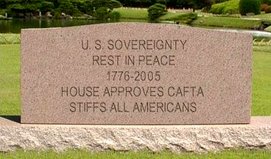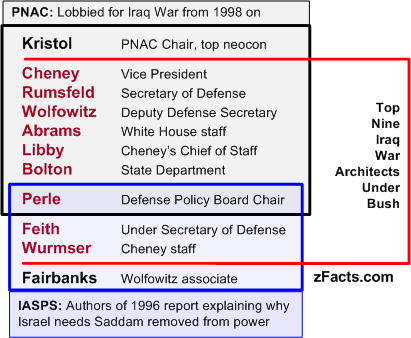
State flexes its incentives
Rob Christensen, Staff Writer
When Andy Schindler, chairman of R.J. Reynolds Tobacco Co., stepped up to the podium last week, he admitted that he had some unusual economic news -- it was good.
The news conference was not about layoffs, plants being packed off to Mexico or about Chinese imports flooding the country.
Schindler, dapper in a double-breasted suit, announced that RJR would add 800 to 1,000 jobs in Winston-Salem as a result of the merger between RJR and Brown & Williamson.
Of course, there was an asterisk.
The taxpayers have to come up with an incentives package of at least $19 million and renew a tax credit worth at least $6 million annually to bring the RJR jobs to Winston-Salem.
Standing at Schindler's side, Gov. Mike Easley assured reporters that this money would not go up in smoke. And Easley said he had the commitment to shell out tax incentives, extend tax breaks and provide relocation costs to get the cigarette jobs. The proposed RJR jobs pay an average of $56,500 per year.
"I said I would do whatever it takes -- within reason," he said.
In fact, Easley did everything but light up a Salem.
For weeks, Easley has been criticized by Republican opponents for not being visible enough on economic development issues. Last week, Easley sought to offset some of the criticism by performing an economic development hat trick.
Besides sweet-talking RJR, Easley was in Charlotte to announce that Goodrich Corp., a global aerospace and defense system supplier, announced it was adding 300 new jobs to its plant in Monroe. Later in the week, Easley was in Wilmington, where he announced that General Electric's nuclear energy division was shifting 200 jobs from California's Silicon Valley to the port city.
In all three instances, the state used taxpayer incentives pushed through the legislature to help recruit businesses.
"North Carolina has the tools it needs to recruit industry and is willing to use them," Easley said. "We have the most favorable business climate in the country right now as rated by several magazines."
"I am hoping this is just a start," the governor added. "There are so many companies we are close to getting. But they are holding back on expansion" until the economy improves.
To help home-grown businesses, Easley is considering asking the legislature for a targeted corporate income tax cut for small businesses that would exclude the tax on the first $25,000 to $50,000 of annual profits.
The governor is reluctant to say North Carolina's economy is turning a corner. He said there are too many textile and furniture jobs still being lost overseas.
Even with the new plants, the economic news last week was mixed. Duke Energy said it would slash its work force by 2,000 jobs, including about 400 in Charlotte and an unknown number in the Triangle.
On the other hand, Ken Lewis, a former Rocky Mount high school football teammate of Easley's, announced the merger of the Charlotte-based Bank of America and FleetBoston Financial Corp.
Robert E. Lee got only as far as Gettysburg. Lewis is taking over New England.
Staff writer Rob Christensen can be reached at 829-4532 or mailto:robc@newsobserver.com
© Copyright 2006, The News & Observer Publishing CompanyA subsidiary of The McClatchy Company
BY BEEBEE: I listened to 940 this morning to a caller named Mark talking about his lost job at B&W, and how Governor Perdue did not do everything he could do to save Brown and Williamson. Look at the facts, we had North Carolina offering a measely $19 million in tax incentives and $6 million in tax credits per year to get this deal to go through. What is that to get 1,000 new jobs that pay $58,000 per year? But Jami G. and Kenny B. will tout a convention hotel that will allow locals to get a good return with basically no risk of capital for service industry jobs that pay below the poverty line. It makes no sense, but nothing makes sense in Macon. We should have fought to keep Brown and Williamson in Macon, but greed ruled the day, as our politicians thought that the modern plant in Macon was just too big for B&W to walk away from. Georgia Senator Max Cleland would not work with Brown and Williamson by helping with the big state lawsuits against big tobacco. On the other hand, the North Carolina legislature passed legislation barring their state attorney from participating in the original lawsuits brought by the first four states against big tobacco. It is not smart governance to allow one of the largest industries in Georgia to leave the state. You do not take a cash cow for granted, and all the politicians had to do was study just why did Brown and Williamson leave Louiville, Kentucky to move to Macon, Georgia. When employees of B&W marched in downtown Macon in opposition of increased federal excise taxes, there was ZERO support from the Macon community. My husband participated in the march, and there was not even a place open to purchase a cup of coffee! Downtown was a ghost town on this particular Saturday morning.








No comments:
Post a Comment